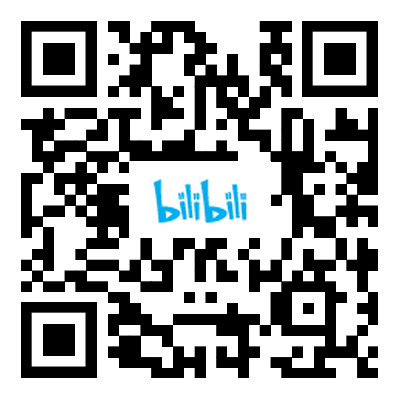
DISTANCE LEARNING INNOVATIONS: In the realm of modern education, distance learning has emerged as a transformative force, offering unparalleled flexibility and accessibility. With advancements in technology, institutions are now able to deliver high-quality education to students regardless of geographical constraints. This approach not only caters to the needs of working professionals seeking further education but also opens doors for individuals in remote areas who previously had limited access to academic resources. The integration of online platforms, interactive tools, and virtual classrooms has redefined the traditional educational landscape, making knowledge more attainable than ever before.
TECHNOLOGY-DRIVEN EDUCATIONAL INNOVATIONS: The fusion of technology and education has paved the way for innovative teaching methodologies that enhance student engagement and outcomes. Virtual reality (VR), augmented reality (AR), and artificial intelligence (AI) are being extensively utilized to create immersive learning experiences. These technologies not only make complex subjects more understandable but also foster a collaborative environment where students can interact with peers and instructors in real-time. Moreover, adaptive learning systems powered by AI can personalize the educational journey, ensuring that each student receives tailored support based on their individual strengths and weaknesses.
THE IMPACT OF MOOD ON LEARNING: Emotional well-being plays a crucial role in the learning process. A positive mood can significantly enhance cognitive functions such as memory, attention, and problem-solving abilities. Conversely, stress and anxiety can hinder academic performance by impeding concentration and motivation. Educational institutions are increasingly recognizing the importance of addressing students' mental health through counseling services, mindfulness programs, and stress management workshops. By creating a supportive environment, educators can help students maintain a healthy emotional state, thereby optimizing their learning potential.
COLLABORATION AND COOPERATIVE LEARNING: Collaboration is an essential skill in both academic and professional settings. Cooperative learning strategies encourage students to work together, fostering communication, teamwork, and mutual respect. Group projects, peer tutoring, and collaborative problem-solving activities not only enhance academic performance but also prepare students for real-world challenges. Through shared experiences and collective efforts, students develop empathy and an appreciation for diverse perspectives, which are invaluable in today's interconnected world.
EDUCATIONAL TRENDS IN THE DIGITAL AGE: The digital age has brought about significant shifts in educational practices, with a growing emphasis on digital literacy and online resources. Students are now expected to navigate a wide range of digital tools, from e-books and educational apps to multimedia resources. Schools and universities are investing in robust digital infrastructure to support virtual classrooms, online assessments, and data-driven decision-making. These trends not only enhance the learning experience but also equip students with the technological skills necessary for future success in a rapidly evolving workforce.
INNOVATIVE TEACHING METHODS: Traditional lecture-based teaching methods are increasingly being supplemented or replaced by interactive and student-centered approaches. Inquiry-based learning, flipped classrooms, and project-based learning encourage active participation and critical thinking. These methods empower students to take ownership of their learning journey, fostering creativity, independence, and a deeper understanding of the subject matter. Educators who adopt these innovative techniques often report higher levels of student engagement and satisfaction, leading to improved academic outcomes.













